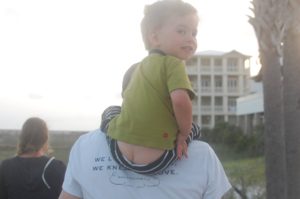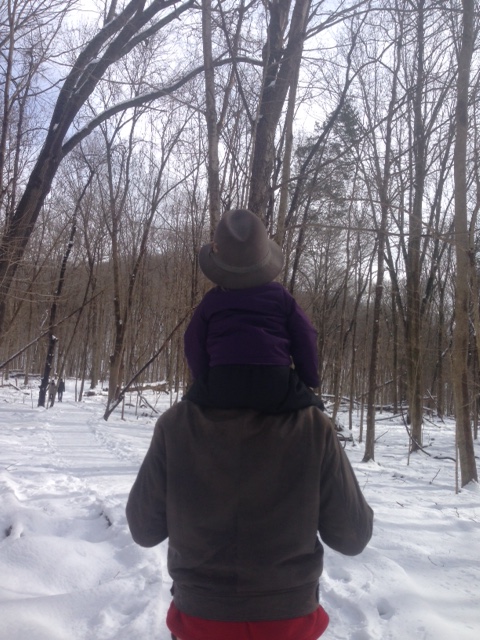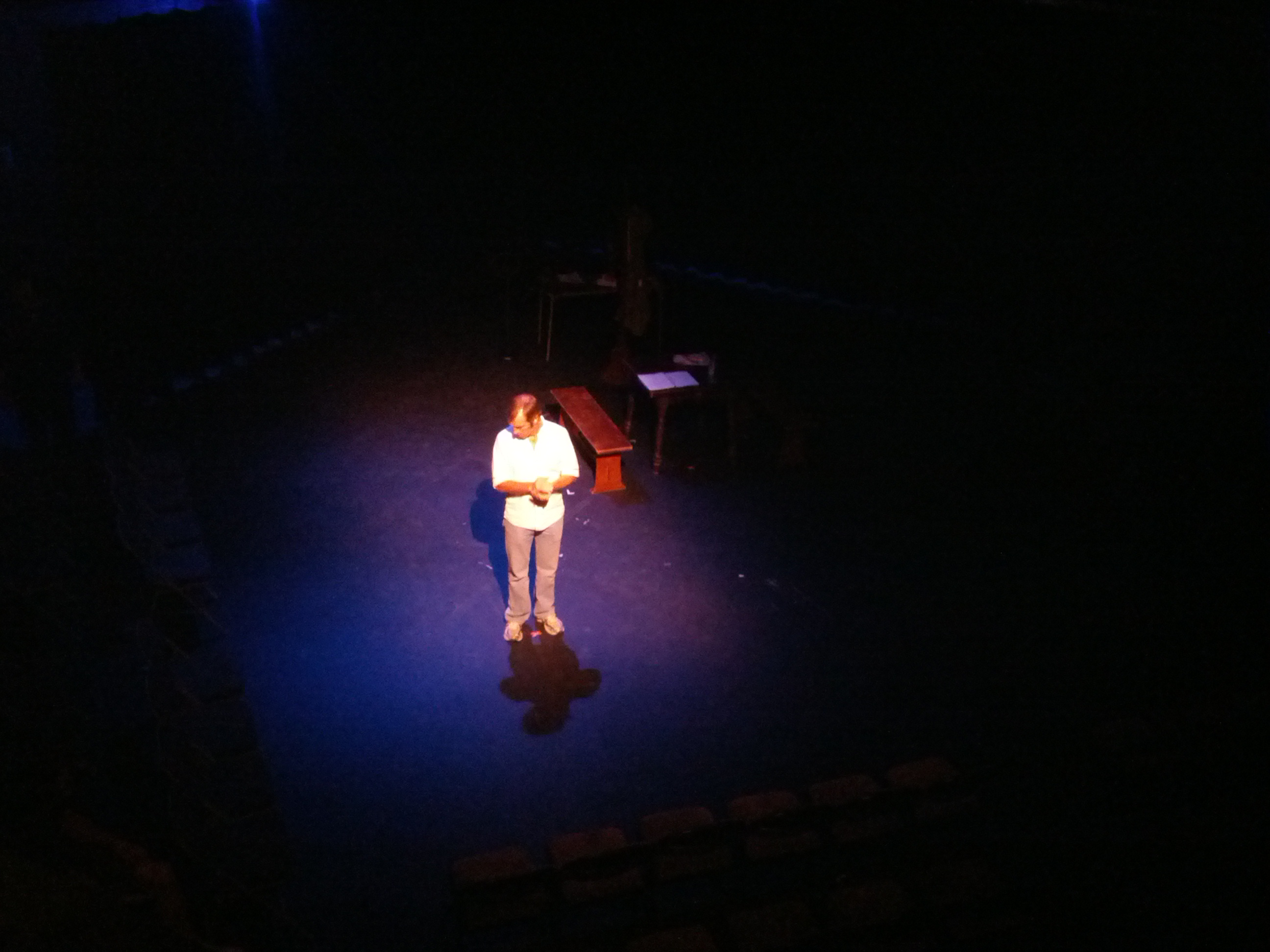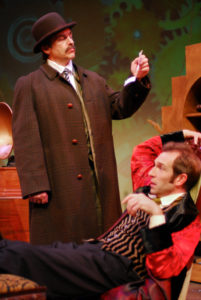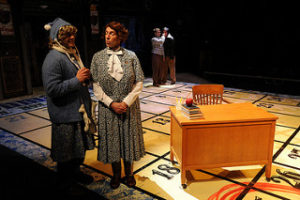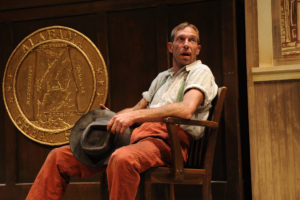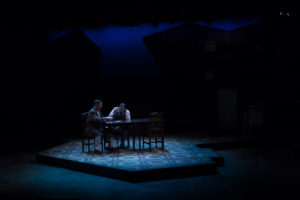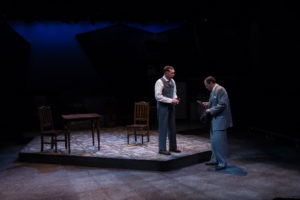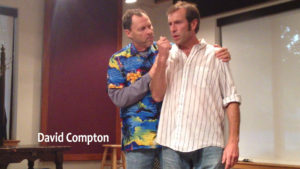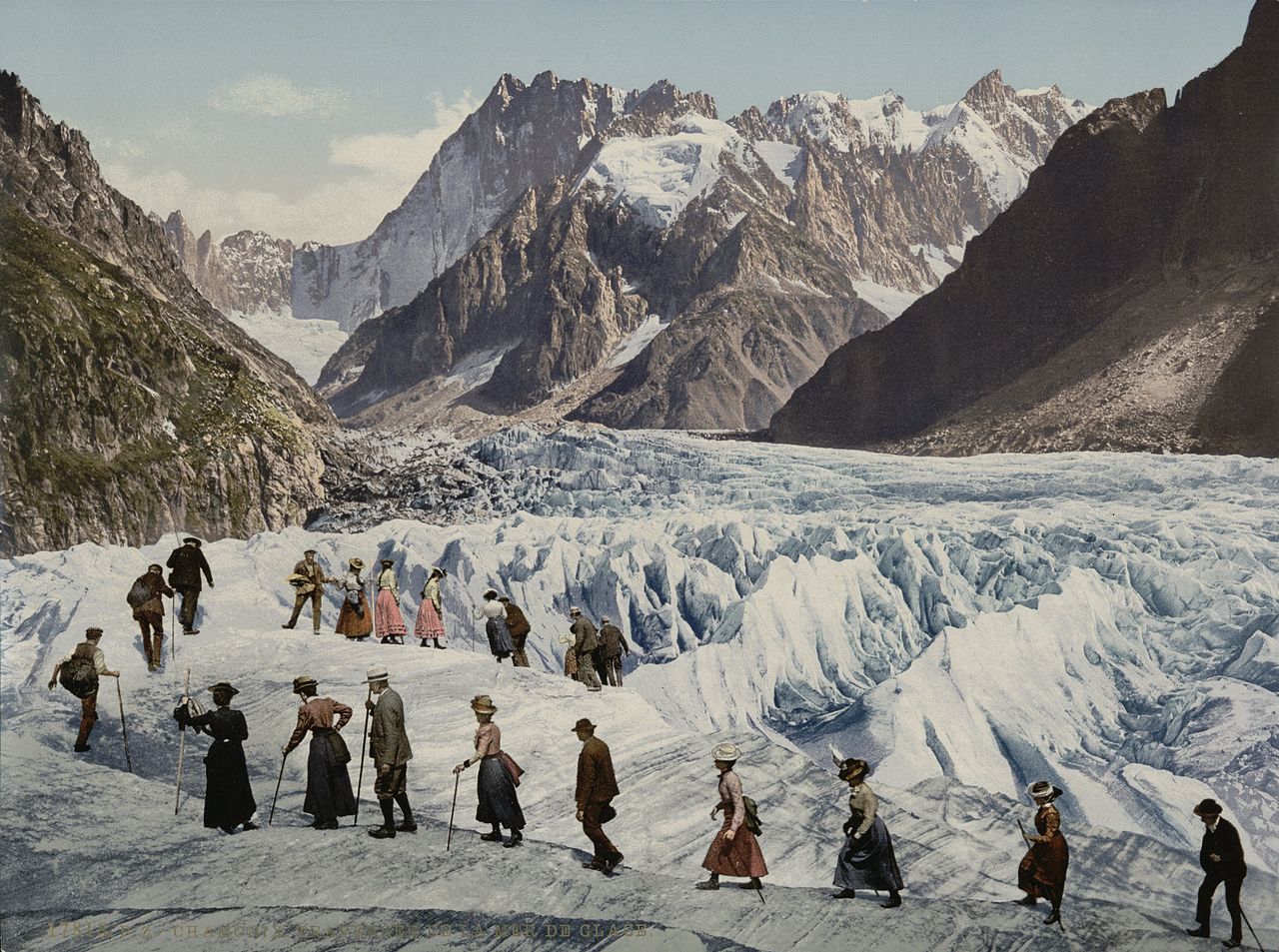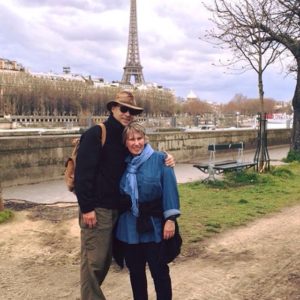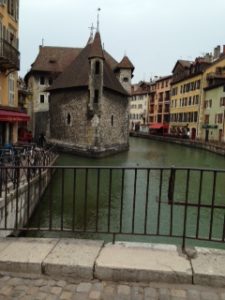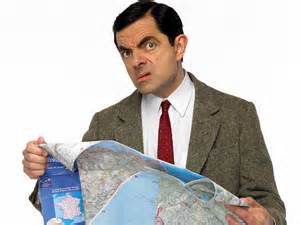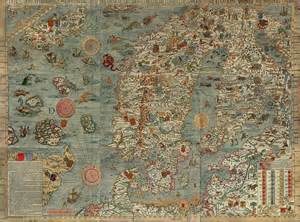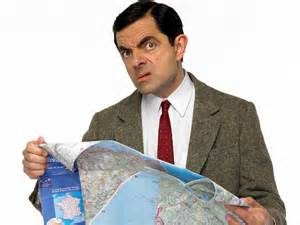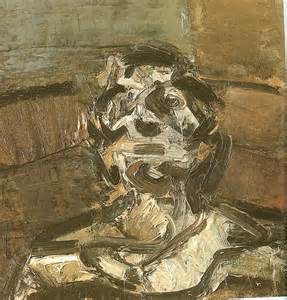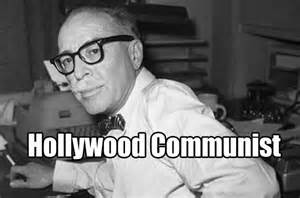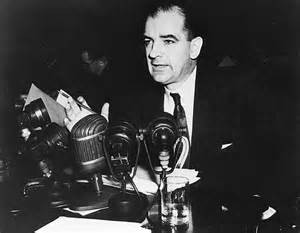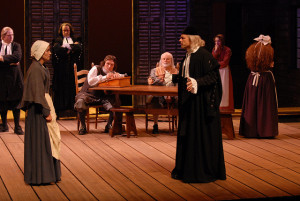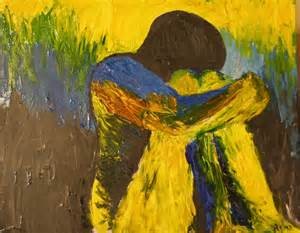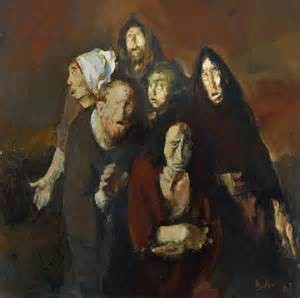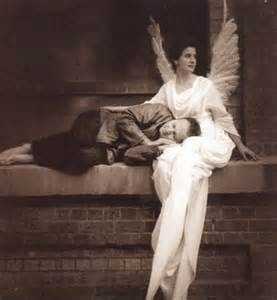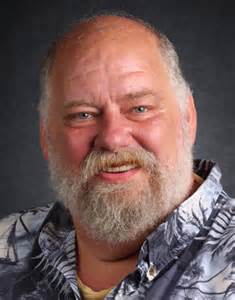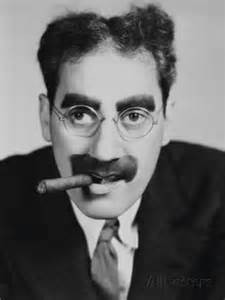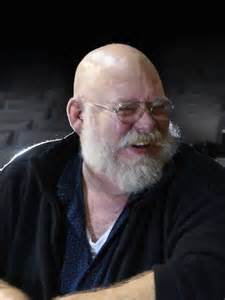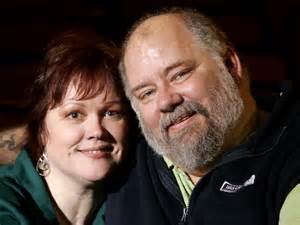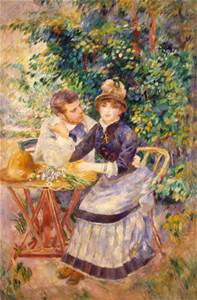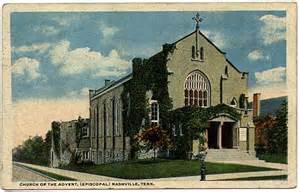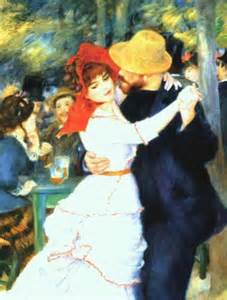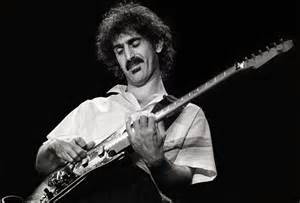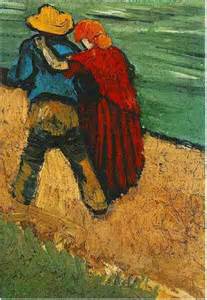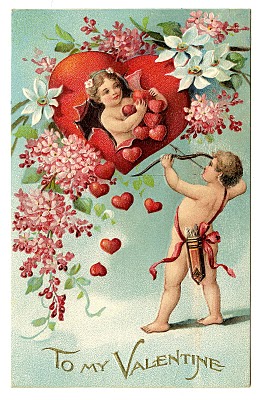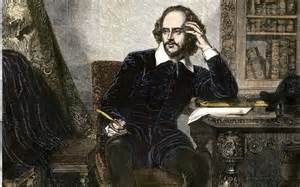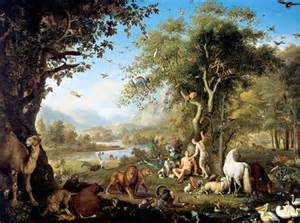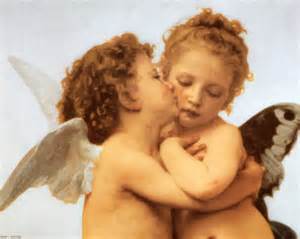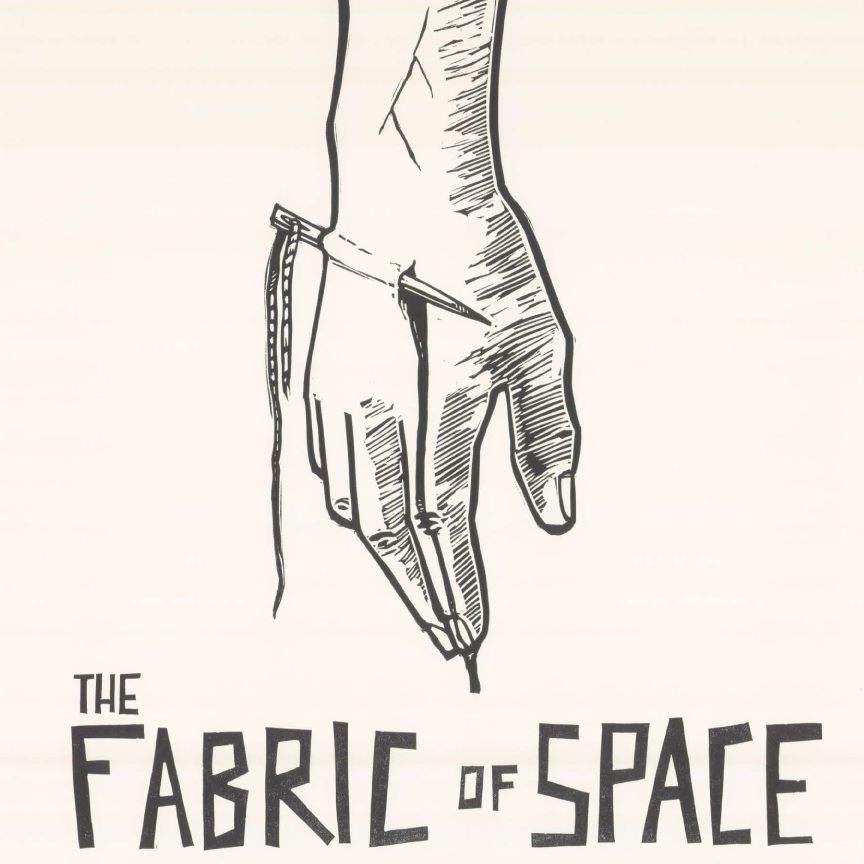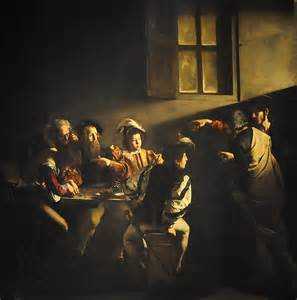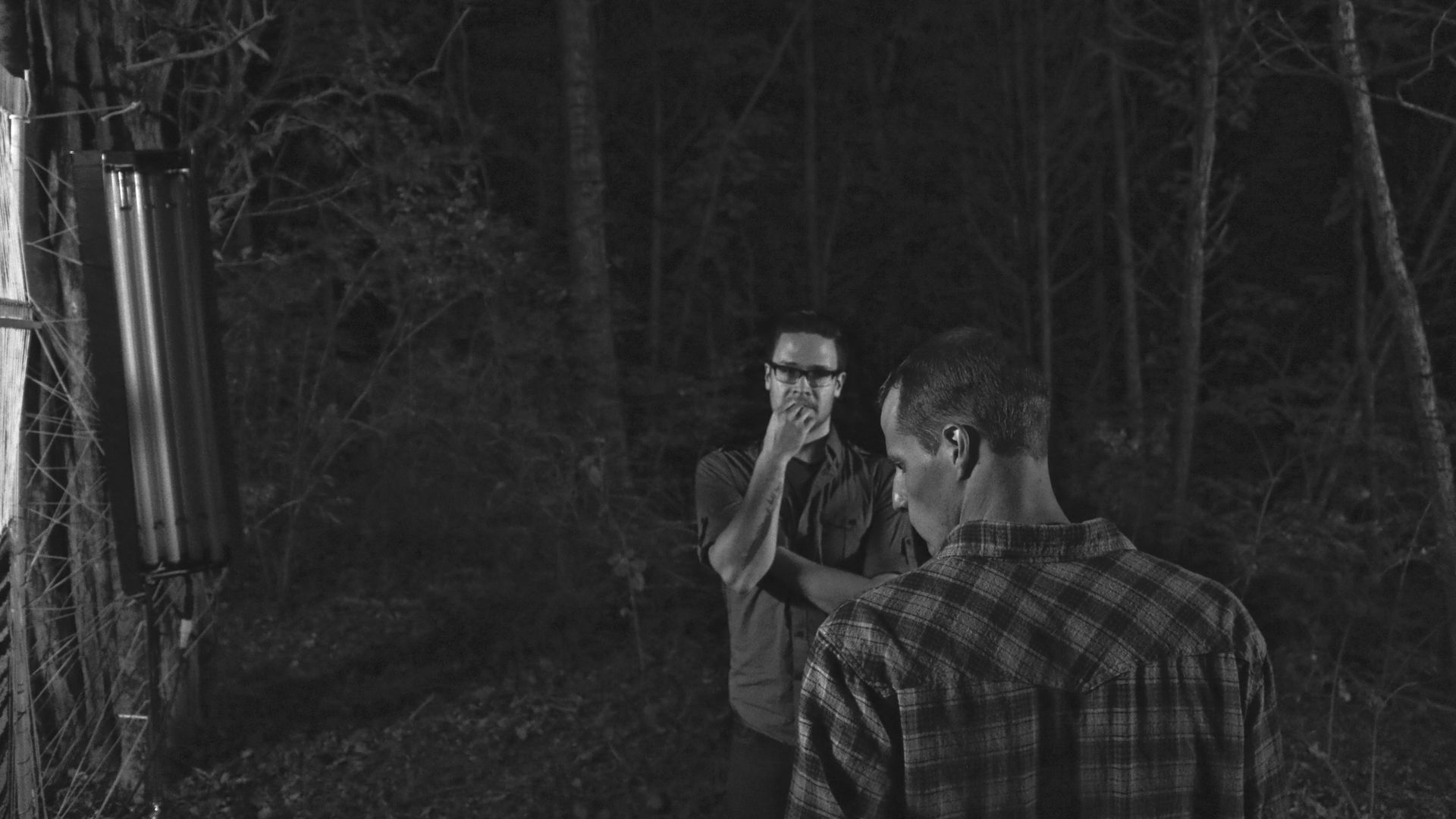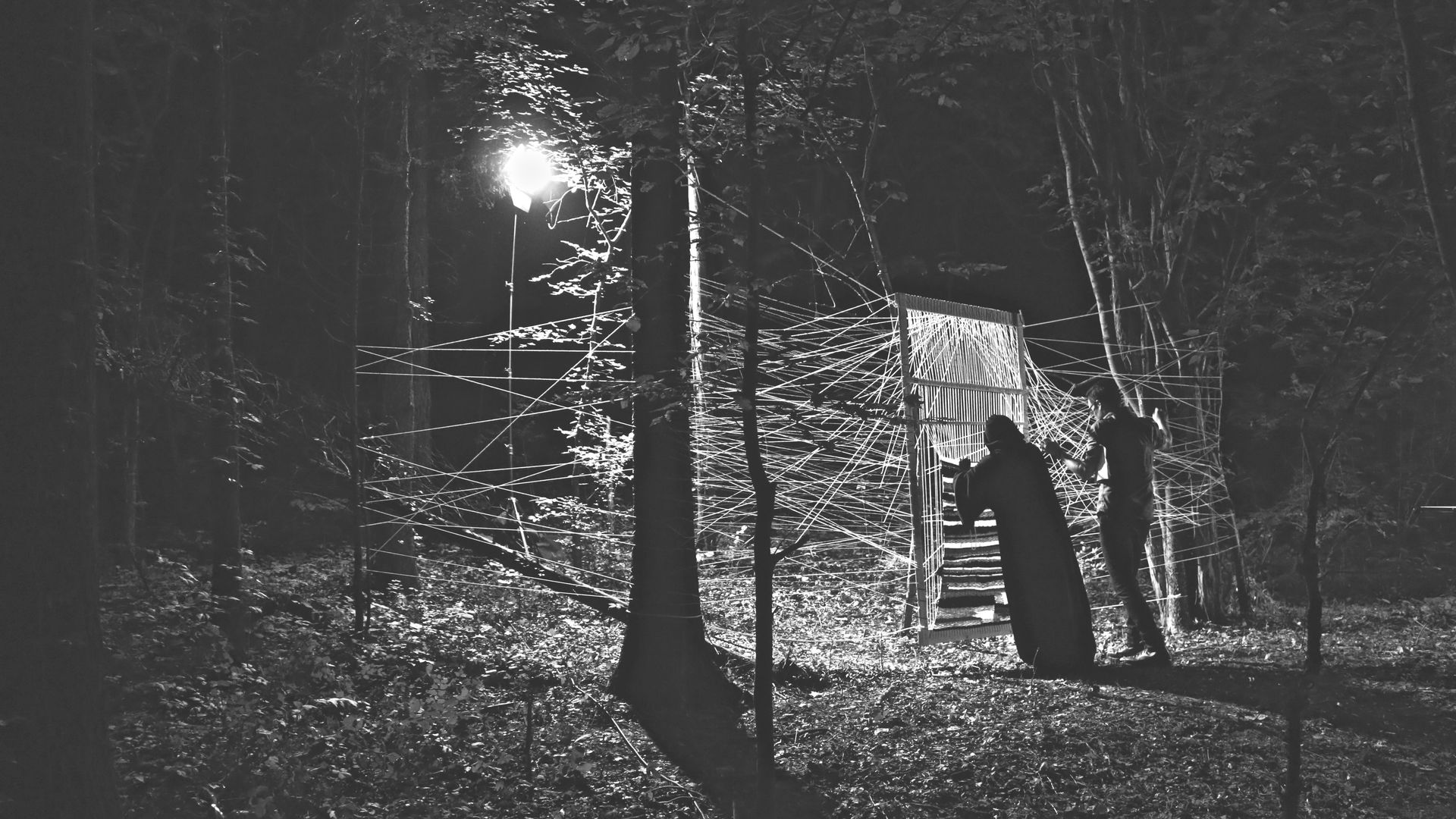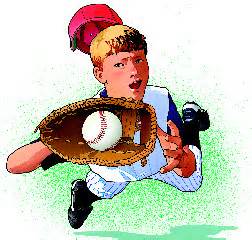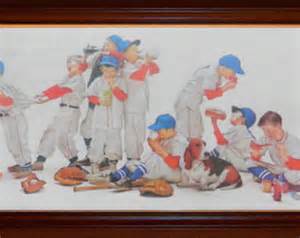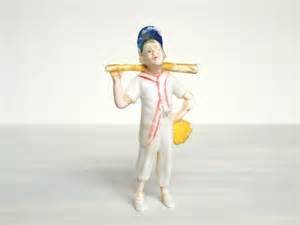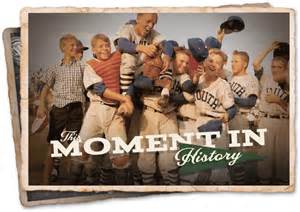The Shoulders of a Father
There are moments in our lives where we need to be touched or held; to feel an embrace of warmth and comfort; to experience the invisible yet powerful force of strength transfer from one human being to another. Of our five senses, touch might be the one most overlooked, that is until someone touches us, whether for good or ill, and something is awakened. A father’s touch to their child can transfer an energy that has no parallel in the other four senses.
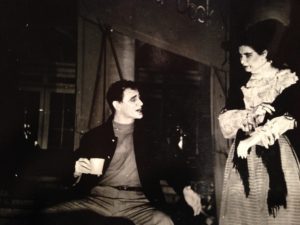
Then there are times when a touch or an embrace is not enough; when the moment demands a lifting off the ground and being carried on the strength of others. My first memory of being carried by my father was at the age of four. Dad was starring as Billy Bigelow in the musical production of “Carousel.” When Billy discovers that he is going to be a father he sings the “Soliloquy,” a song that expresses his pride at this news, describes his own strengths and weakness as a father, and offers his dreams and aspirations for his son. When Billy comes to the point in the song where he would offer pointers on courtship, he suddenly realizes that this child just might turn out to be a girl. His whole perspective changes in an instant. At that point Billy realizes that whether a boy or a girl, he is now a father and this child is a new and important responsibility that will alter his life forever and he resolves to carry this new weight.
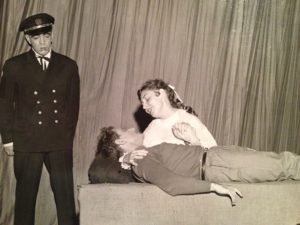
Billy never gets to meet his daughter. He dies of a self-inflicted knife wound after a foiled robbery. I was in the audience for one of the performances and became hysterical when my father plunged the knife into his heart and collapsed onto the stage floor. My mother’s insistence that, “This is just make-believe,” did not quiet me. I had to be taken out of the theatre. My four-year-old understanding of death was limited, but seeing my daddy in such of state was traumatic in the extreme. It was not until I was taken backstage and saw my father greeting an adoring public that I began to feel relief, but my soul was not fully restored until he hoisted me upon his shoulders and I felt his live-body heat and strength flow into me. He carried me the rest of the night aloft on his powerful shoulders.
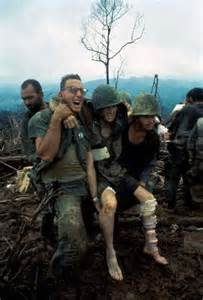
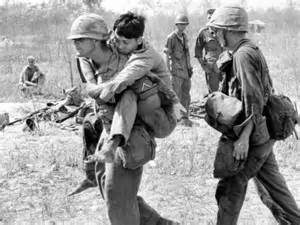
In Tim O’Brien’s brilliant book, “The Things They Carried,” the author chronicles the items carried by the regular soldier during the Vietnam War. O’Brien writes that what was carried by these men was determined by necessity, a soldier’s rank, and the specifics of the mission from weaponry to medical supplies; any additional objects an individual carried was personal and subjective. O’Brien describes that those more personal items (letters and photos, good-luck charms, religious objects, etc.), revealed each man’s character and beliefs. But the most important entity any one soldier was ever asked to bear was a fellow human being who was no longer able to carry their own weight. It has always been an important part of the philosophy in the military to ingrain within the psyche of the warrior a conscious concern for the well-being of others, of lending their strength to others, friend or foe, in their moment of weakness and carrying them to safety.
There is a powerful and mysterious result that happens when a blessing is pronounced and passed from one to another. Just before the nation of Israel was to enter the Promised Land, Moses pronounced a blessing on each individual tribe. For the tribe of Benjamin the blessing Moses proclaimed for them was that as “the beloved of Yahweh,” they “shall live in safety and dwell between His shoulders.” What a beautiful image, that of a beloved child riding high on the strong shoulders of God. From such a lofty perch one is safe and protected; one is lifted above the rough landscape; one is able to see the far horizons; one is given time to heal from the wounds suffered. This is a blessing available to all. In such times of being carried, our weakness is made perfect in the strength of God.
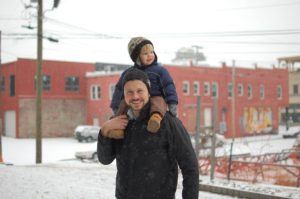


My daughters married well. They chose companions who understand the importance of being a father and joyfully and humbly embrace the role. They are quick to respond to the cries of their children, lift them off the ground, and bear them up upon their shoulders transforming a sorrowful child into a joyful one. My sons by marriage had the benefit of being fathered well, as did I. While I cannot distill a full definition of what it means to be a father into a quotable tweet or copy on a greeting card for Father’s Day, the qualities of fatherhood expands its truest meaning when I am fully present in the lives of those who daily cross my path and especially to those closest to me. And when called upon, carry the extra weight of a wounded and needy soul “between my shoulders.”
